Long before inventions like propellers, power blocks or stern trawlers, men hauled heavy fishing nets by hand. Hard to believe for some perhaps, but ingenuity, grit and small boats were the common tools to catch, sort and sell a day’s catch. Photographer Markham Starr has made a wonderful documentary, “Rhode Island Trap Fishermen”, of our neighbors who fish today much as others did two hundred years ago.
Starr’s film is a visual museum, beating with the heart of real locals who do what comes naturally, and it’s hard work. They set in a sea and haul in a sea and pull in a sea until everything aches then they go back to hauling more. The movie has a fine, homemade feel, which is right because this was once a very practical, no frills town.
Trap fishing is a clean, ancient fishery where only fish meant for market are boxed while the rest are returned. Much of today’s commercial fishery debates are of discards, those unwanted or illegal fishes which do not survive the crushing pressures of a cod end of twine or dumped aboard en masse. Trap fishing avoids the waste, providing a high quality fish in a short time. It would have been good to see more about that selectivity, the on-board sorting, about how a practice so ancient was so forward thinking, long before we had anything called “green” or “sustainable”.

lifting the pot of a pound net
Watching those boats and listening to these men will help you understand not just how things used to be but also how hard fishermen work for their living. Like many facets of coastal towns, where what was just work has eroded to nostalgic conversation and old photos, fish traps have a much smaller footprint than just a generation ago. It’s an important film.
One fish on the minds of many fishermen these days are black sea bass. Their recent abundance has sparked questions of why there are so many, are they are a result of climate change, which is not a hoax, why are regulations not keeping up with them and will they decimate the lobster fishery. To help us understand much of that, the RI Natural History Survey invited Gary Shepard, Supervising Research Fishery Biologist for the National Marine Fisheries Service, to URI’s Coastal Institute.
“You very much are the Natural History Survey, ” Dr. David Gregg told the room of attendees after the Survey’s Program Administrator, the amazing Kira Stillwell, had first greeted everyone. The Survey is a wonderful and absolutely vital conduit between people blessed with knowledge on a myriad of natural subjects and those amateur naturalists who want to learn more.
Gary started with biology basics. Black Sea Bass are one of 65 genera and 450 different species of the grouper family. They’re also protogynous hermaphrodites, meaning some tend to shift sexes from female to male, making them the only temperate northwest Atlantic hermaphroditic fish species. Scientist know of about 21 families of fish that are hermaphroditic, including the cute little red and white Nemo, but that tidbit might ruin the feel of the popular movie. They switch sexes between ages two and five after they’ve spawned although some smaller males, called streaker or sneaker males, might turn earlier, throwing a wrench into traditional mating scenarios and older males harums.

Mr. Gary Shepard
While fishermen holler about piles of sea bass, Gary showed data that the year class filling our waters right now is actually on the decline. The 2016 stock assessment noted that “catch is increasing dramatically,” partially because warm offshore waters in 2011 produced a very strong year class in the northern area. The abundance we are seeing now is a reflection of that strong year. With a life expectancy of approximately 14 years, most fish around here are around nine years old so you can do the math to see the logic. He also noted that are seeing more productivity in our own stocks, not just more fish moving north.
Gary addressed concerns of sea bass abundance and regulation lag. Crafting regulations is a process, multi-layered in its research, information extrapolation, peer review and dissemination to Science and Statistical Committees for final recommendations to regional councils. It sounds tricky and it is for good reason. Scientists tend to be conservative in their recommendations because overestimating stocks could contribute to a decline or collapse. There is always room for people to get involved.
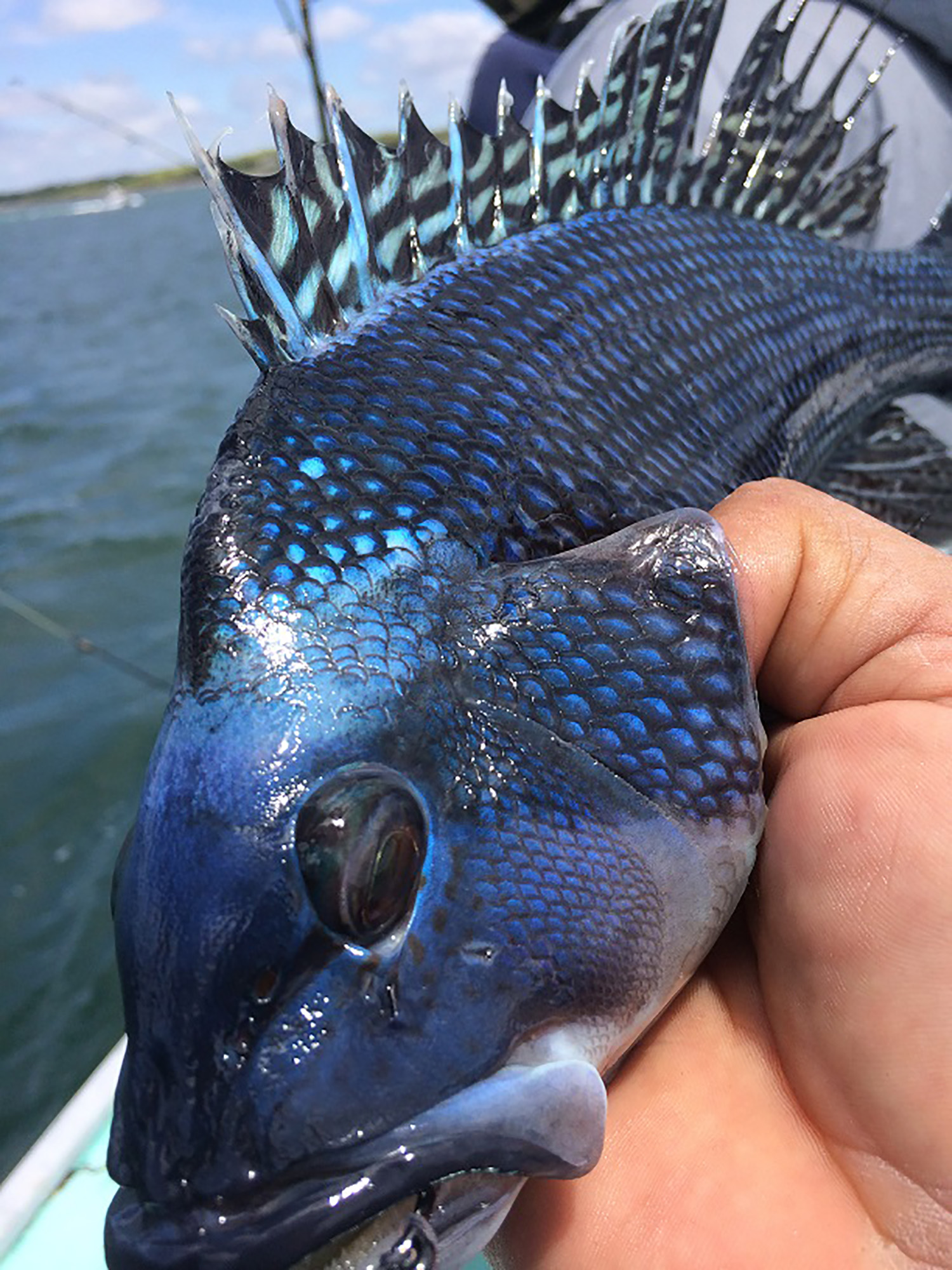
As for concerns about black sea bass destroying what’s left of the lobster population and the commercial fishery,they’re not to be blamed. Vulnerable juvenile lobsters spend their formative years hidden and when large enough to forage more aggressively in the open, they’re generally too large for a sea bass to consume. While certainly opportunistic feeders, just like stripers, cod and bluefish, some will be found in lobster traps but they prefer crabs, squid, herring and other benthic invertebrates.
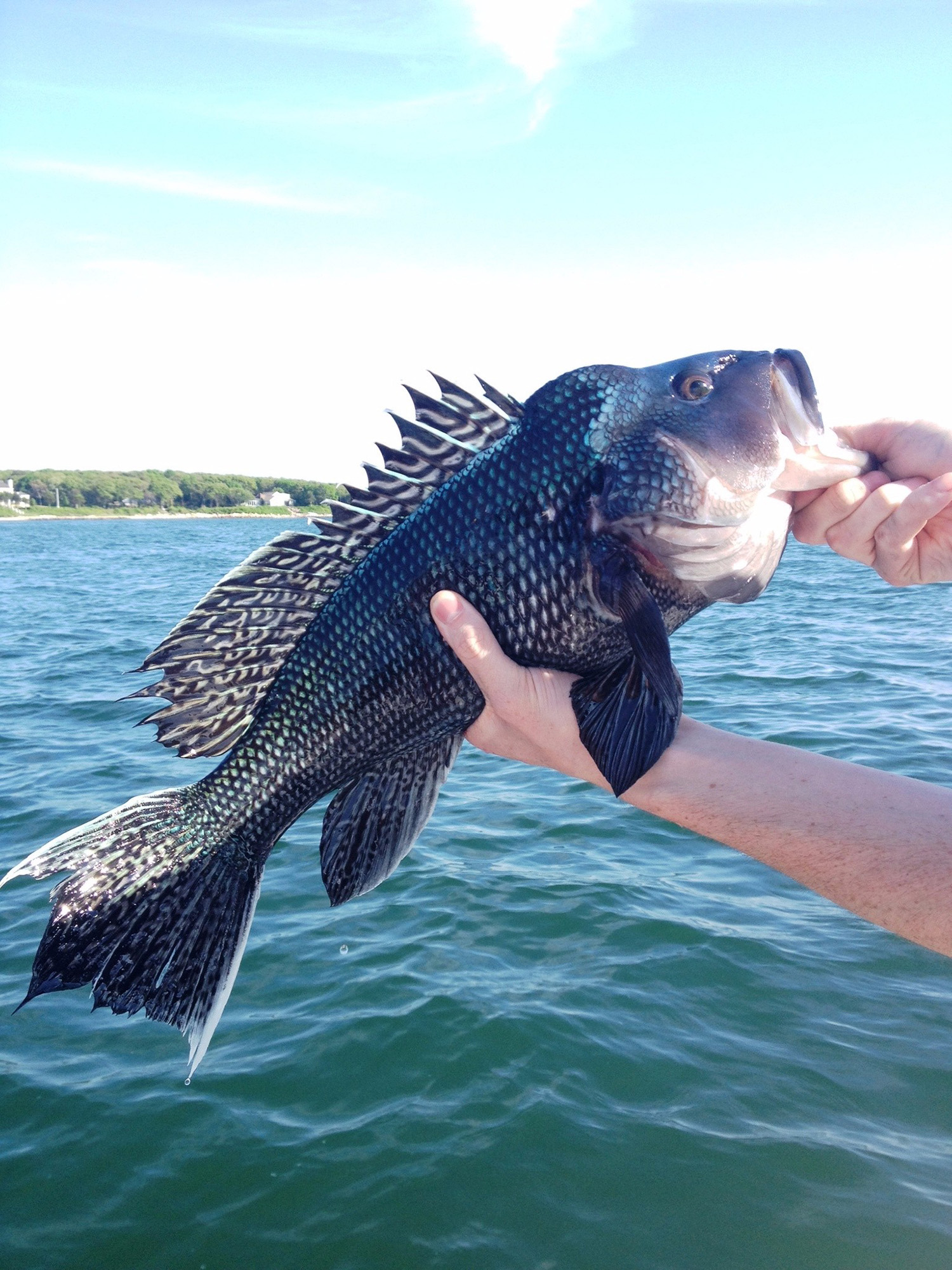
So much around us is simply remarkable.
Todd Corayer is a lifelong fisherman and Advisory Board member of the Mid-Atlantic Fishery Management Council who lives not far from Rhode Island’s Saugatucket River with his wife, who supports his fishing purely to get him out of the house and a young son who absolutely catches more fish than him.
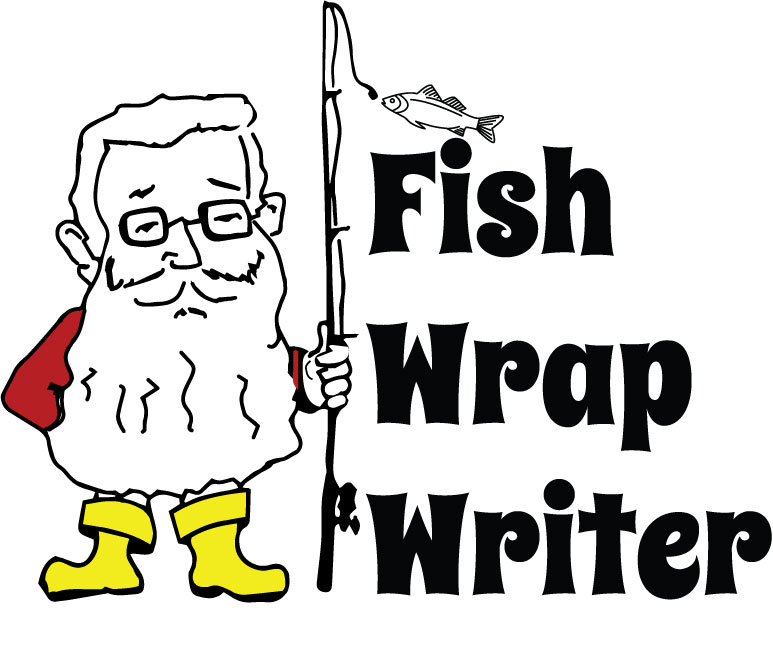
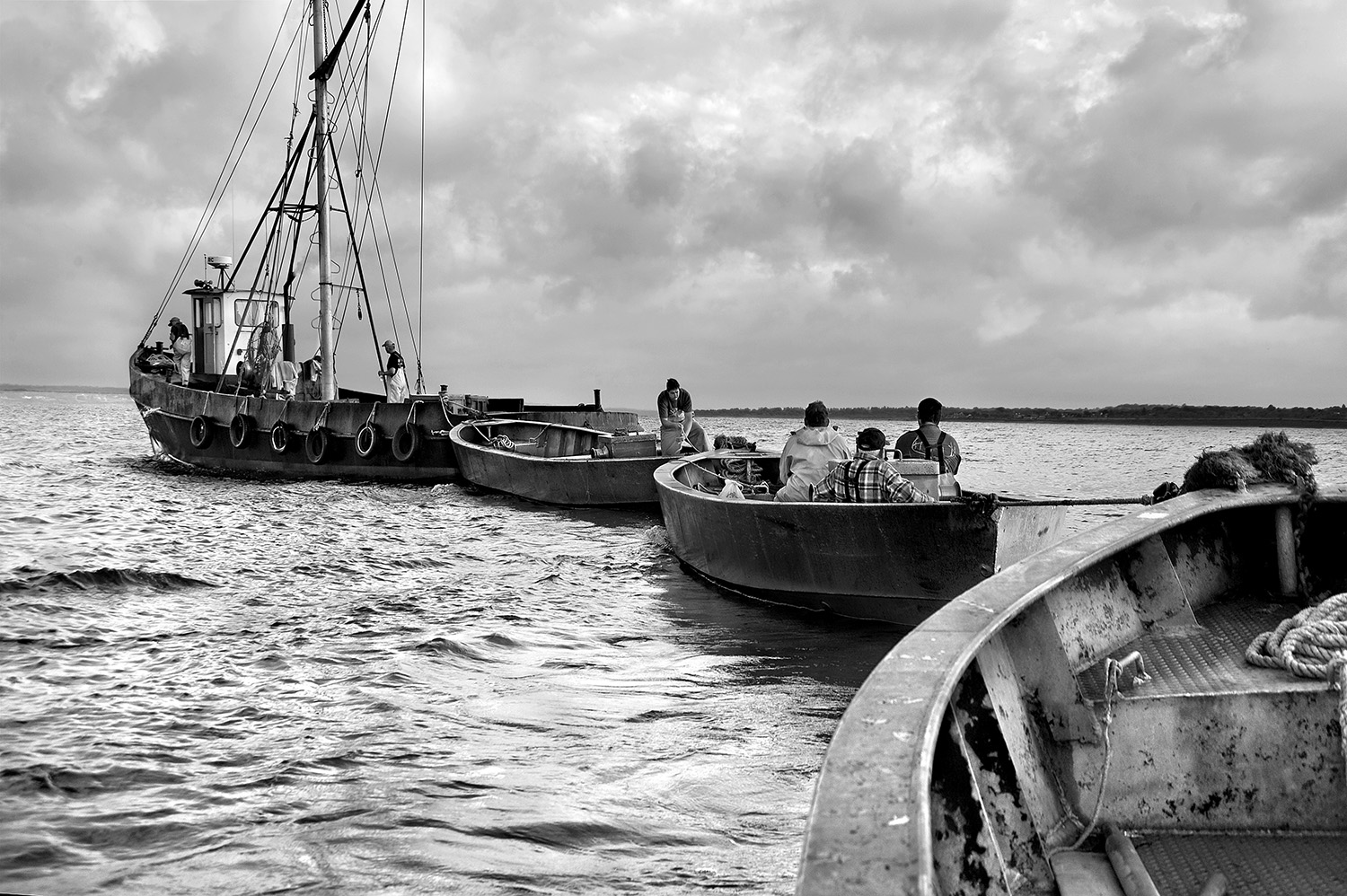


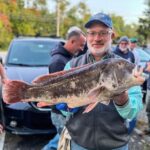
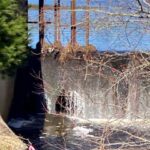

Awesome points on trap fishing. This is the stuff I grew up with. For me, it was watching for the trap areas on charts (to start) as well as seeing the boats, gear the guys (I was the son of a marine surveyor and become one for a time myself). These are the people I grew up admiring for their work ethic and for lack of a better word, “sticktuitiveness”.
“Sticktuitiveness”? I love that. A few years ago I interviewed a very young fishermen who used “-ish” on lots of words, which I have since borrowed several times. Thanks for reading; I appreciate you taking the time. Markham has made a wonderful film that I wish I could see on a big screen. Also, I follow your work pretty closely and very much enjoy seeing your pictures. Thanks again!